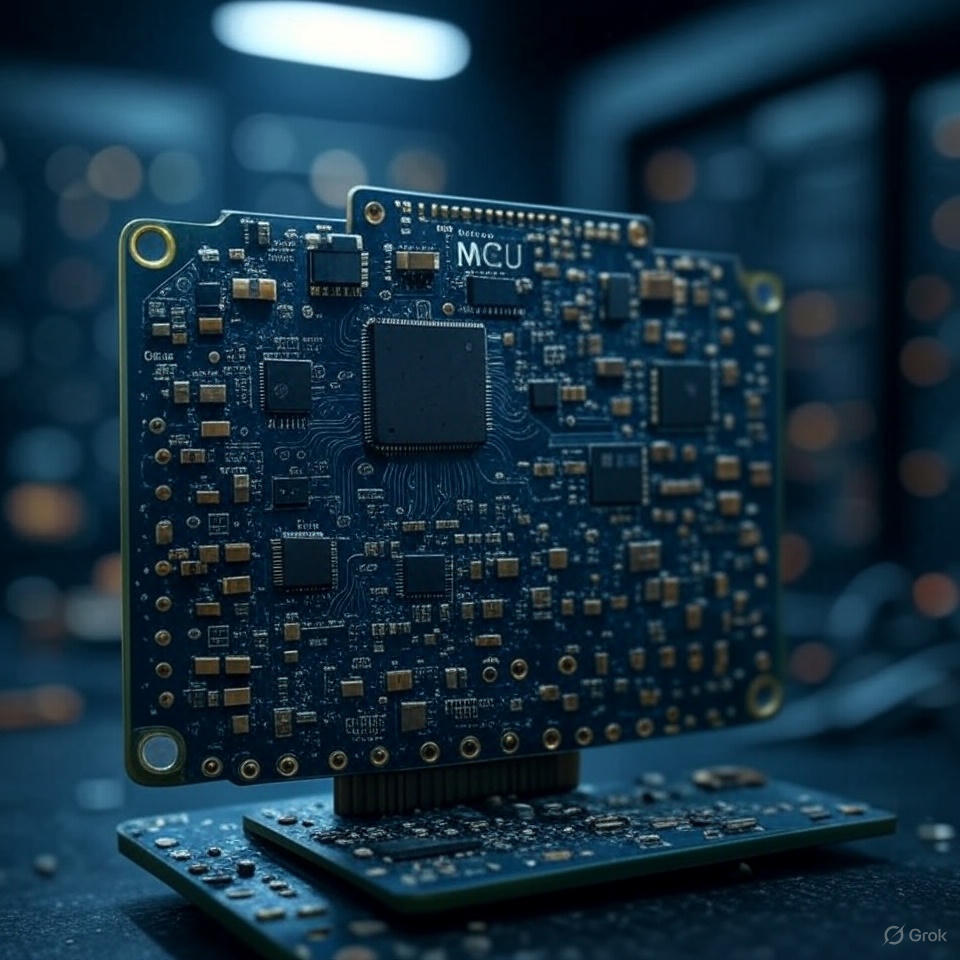ESP32-S3 Digit reconginiton in Tensor Flow Micro series 01: LiteRT
- TensorFlowLiteMicro
ESP32-S3 Digit reconginiton in Tensor Flow Micro series 01: LiteRT
Introduction
LiteRT is just a run time library which just do the inference of a model.
When we need to create and train a model. We still need the original tensor flow library.
Moreover, it is not enough documentation about this library so far.
The wire part is that after TensorFlow v2.20, the tf.lite module is removed. However, the LiteRT don’t have the related API for the module converstion and post-training quantization.
Or I miss something about LiteRT?
For what I found in their Github repo, it is still in development with the full features.For now, it is just for the inference but don’t have the related API for the .tflite conversion.
Furthermore, it is mainly focus on the ARM Cortex-A/NPU but not MCU.
Research on the MCU vendor support on the TFLite
Note: All below content are generated by AI
| Vendor | Primary tool / integration | TFLite Micro status (known) | Notes / optimizations |
|---|---|---|---|
| STMicro (STM32) | STM32Cube.AI via CubeMX / STM32CubeIDE | fork frozen around TF v2.5 (still used) | Offers proprietary STM32Cube.AI runtime (highly optimized) + optional TFLite Micro (older). Cube.AI supports direct .tflite import and CMSIS-NN kernels. |
| Silicon Labs | Gecko SDK (GSDK) + Simplicity Studio; MLTK | Up-to-date integration (mid-2024 → 2025 updates) | Smooth, near-vanilla TFLite Micro integration with CMSIS-NN/Platform ML; turnkey examples and IDE support. |
| Renesas (RA) | Official GitHub examples; FSP; e² studio | Upstream TFLite Micro mainline | Good examples for RA6M; newer RA8 adds Ethos-U55 NPU support via RUHMI framework. |
| Texas Instruments (TI) | No official TFLite Micro SDK (Cortex-M) | N/A (community only) | TI prefers TIDL for accelerated parts or Linux-capable devices; MCU users rely on upstream + CMSIS-NN patches. |
Key Takeaways (Nov 2025)
- Silicon Labs → most up-to-date and seamless pure TFLite Micro experience
- STM32 → best commercial tool overall (STM32Cube.AI), but pure TFLite Micro mode is very old
- Renesas → good official examples + newer hardware with real NPU support
- TI → no official MCU-level TFLite Micro support; developers must use generic upstream repo
Conclusion
LiteRT is an interesting, lightweight inference runtime, but as of Nov 2025 it lacks an end-to-end, well-documented conversion workflow for MCU-targeted use. For ESP32-S3 development I will continue to use TensorFlow v2.19.1 and TFLite Micro (or esp-dl / vendor runtimes) until LiteRT matures for embedded MCUs.
Next steps (suggested)
- Continue using TF 2.19.1 for conversion and quantization until LiteRT provides stable, documented conversion tooling.
- Track LiteRT repository and migration guides — test conversion with a small model and verify runtime output against known-good TFLite Micro results.
- Evaluate vendor runtimes (STM32Cube.AI, Silicon Labs) if performance or ease-of-use is the priority for MCU deployment.
